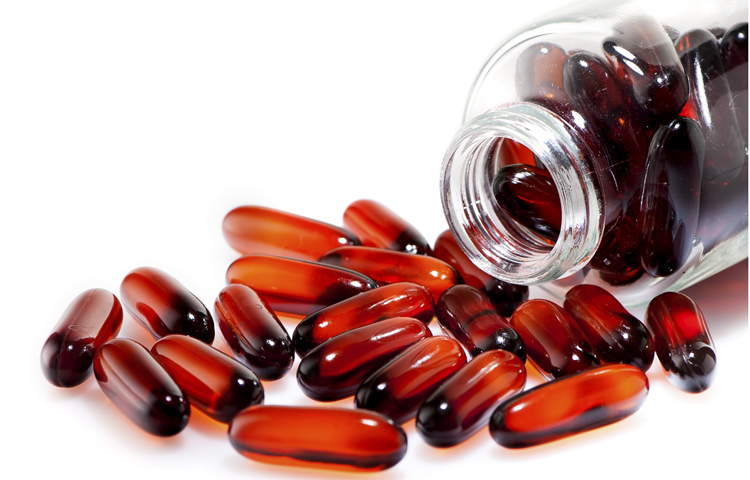
Walk through any high street, in any part of the country, and you cannot pass a pharmacy or health food shop that’s not advertising the potential benefits of some supplement or another.
Cod liver oil, co-enzyme Q10, Glucosamine, Vitamin D, Vitamin B complex, whey protein; they have all made the list.
However how many of these are actually useful to us? As runners do we need additional supplementation?
For the majority of athletes, eating a balanced diet of whole grains, lean protein, fruits, vegetables and essentially fatty acids should be sufficient to meet all your nutritional requirements.
When I work with any athlete, the first step is to optimise their nutritional status in order to prevent deficiencies; special care and advice will need to be considered to those following vegetarian or vegan diets. Vegans in particular may need to think about supplementation with B12; whilst both vegetarians and vegans will benefit from taking an Omega 3 fatty acid.
With so many claims, how do you decipher which are true and which not? While the internet can be useful, it is also a place where, if you want to find an answer, regardless of its authenticity, you will! Always try to take advice from a regulated sports dietitian.
Vital vitamins
One supplement worth having in your sights is Vitamin D. In the UK we can only absorb the right wavelength of sunlight to make vitamin D between the months of April to September, between the hours of 11-3pm. This means that majority of the UK population tend to be have sub-optimal Vitamin D levels, particularly through the winter months.
Many Studies have demonstrated that a low Vitamin D level has been associated with a depressed immune function, poor skeletal muscle recovery and increased fatigue.
If you find that you do struggle with repeated illness over the winter months or that you are not recovering optimally, it is worth having a blood test to check levels. If deficient, then this is one supplement that you would benefit from, as it is a difficult nutrient to get through your diet alone.
Similarly, probiotics have been associated with immune function. When working with athletes, I tend to recommend a 12-week course of high dose probiotics prior to a major competition. Studies have reported that this protocol can reduce the prevalence of upper respiratory tract infections.
A further supplement that is often underrated is Magnesium. While this will not be beneficial to all, if you are someone who is struggling with sleep and/or restless leg syndrome, then a daily dose of Magnesium has proven to be an effective treatment.
Supplements come in many shapes and forms so what about the rise of ergogenic aids such as beetroot juice or tart cherry supplements?
Both have been studied extensively and the results are good for runners – beetroot juice, if taken in the right dose for the right loading period has shown to be useful in distances up to around 10K; while tart cherry juice supplements have shown very positive results in reducing oxidative damage after hard training sessions or races. I usually recommend athletes to take tart cherry supplements during high volume and intensity training blocks.
And where does whey fit in? Is there any value to using this after a run?
The reality is that whilst convenient, after a hard run it is important to replace both carbohydrate and protein. Milk and flavoured milk are great recovery and the evidence for using whey over milk is not statistically significant to warrant the money you will spend on a supplement.
So next time you wander pass the supplement aisle in any supermarket or health food store, make sure you don’ just get sucked in by the advertising – think before you take!






